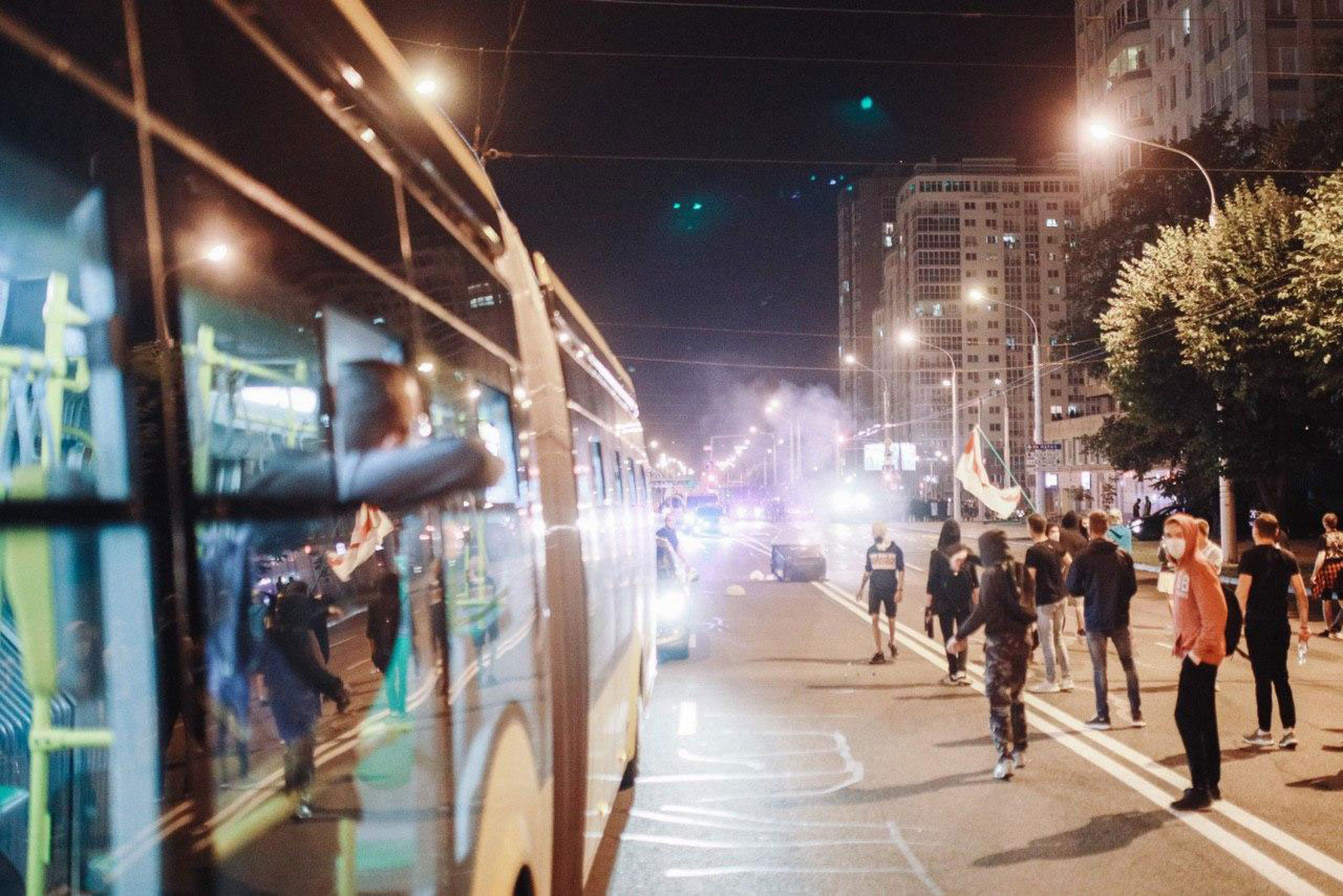"Riot policeman took another baton and said: 'I wanted to be a drummer all my life.'" Survivor stories
The Human Rights Center "Viasna” and the World Organization Against Torture (OMCT) launched a campaign to document cases of torture, cruel, inhuman and degrading treatment of protesters on August 9-13. Some testimonies of people who survived torture and violence will be published on our website as evidence of crimes committed by security forces.
Around 9 pm on August 10, 29-year-old Minsk resident Anton [name changed – editor's note] was seeing his friend home. The couple were in a tram when five masked riot policemen ran inside.
"They shouted to me, 'Put your hands in front of you, motherfucker,' and then tied them up with plastic ties, took me out of the tram, put me in front of the police bus, and began beating me. Then they took me into the bus, put me in the rear of the vehicle, and started beating again. The ties broke because I was in pain. I don't know what force they must have applied to have the ties torn! The ties fell on the ground, one policeman saw it and said: 'You fucking wanted to run away.' He started beating me again and twisted my hands behind my back," Anton says.
For some time, the bus was driving around the city and other detainees were being thrown into it. Then everyone was transferred to a police van and brought to the detention center in Akrescin Street. When getting off the van, everybody passed through the "baton corridor".
"In the police van, we were placed in a box: it fits four people, but there were ten of us inside. They brought us to the prison, riot policemen lined up with batons and started shouting: 'The first one, move!' I could hear the hits and people screaming in pain. The second, the third, the fourth... I was the fifth, and they also started beating me while I was walking along that 'corridor.' Then they put me on my knees, head to the wall and tied hands behind my back.
A riot policeman took one more baton from another officer and said: 'I wanted to be a drummer all my life.' Then he started beating us like drums."
After that, Anton and the other detainees were placed in a 10x10-meter exercise yard. It was a concrete box with grating on top. There were a total of 55 people in that "cell".
"There were two 1.5-liter bottles, we asked for water, the policeman threw us a bottle and said: 'This is enough for 24 hours.' In the first two days, we didn't eat or drink at all. There was no drain.
Then we were transferred to a cell that had bunks, water, and a toilet. On the third day, we received some food for lunch – buckwheat and pickled cucumbers. There were 25 of us in the five-person cell and we were only given one loaf of bread.
We were glad that we could drink tap water. We drank water because we wanted to eat, so we tried to dull the edge of hunger.”
On the night of August 10, males were taken out of their cells and beaten.
"Brutally beaten. We cried from hearing how they were suffering. We could hear someone who beat them screaming: 'Do you fucking want a change? I will make a change for you now.'
We were afraid to even say something.
There were hits like when you take a stick and swing at a sack of cement, full-force.
And the riot policeman screams: 'It’s the second night I’m not sleeping because of you, it's not me who is bothering you, you are ruining my life routine.'"
Anton describes those who were brutally beaten inside the walls of the detention center:
"They were all blue: legs, buttocks, thighs, bellies, chests, backs, heads. A man had a white T-shirt, it became red, all covered in blood.
One kid had an open fracture – the bone stuck out of his hand, he was simply bandaged up, that's all. Another guy got a bullet in his stomach. He said that if he hadn't worn a thick hoodie and the bullet had gotten into his spleen, he would have died. They shut his wound with a cotton swab and that was it.
When we were staying in the cell, one kid had his sneakers taken away, he was completely barefoot. We gave him insoles and socks so he could walk and took turns warming ourselves up. One guy had his shirt torn, it was not ripped only on his back. We also gave him clothes to warm up. Two people slept on each bunk, the rest lay on the floor."
Anton and his cellmates were forced to sign the administrative offense reports, all of them were identical: they walked on Victory Square, shouted the slogan "Long Live Belarus", were detained by law enforcement officers.
"They said that if we didn't sign the report, it would be worse, and if we did, the sentence would be softer: fewer days of arrest, or not at all, they might punish us with a fine, and we would be released. Well, we all agreed and signed.”
The trials were held right inside the detention center and lasted five minutes each. There was a judge, a secretary, and a policeman sitting in the room; one could invite a lawyer who was standing in the hall.
"But that lawyer did not inspire any hope at all, he would not actually defend anyone. They just gave the order to put everybody under arrest, not to give fines to anybody. Even the judge, when reading out the sentence, did not look me in the eyes, and if he asked me something, he just looked at the report.
The detainees were sentenced to administrative arrest.
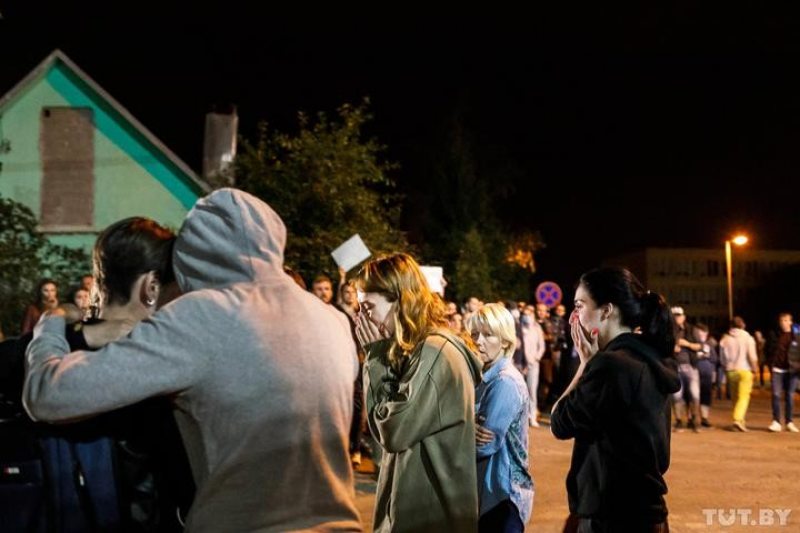
- Families meeting detainees after imprisonment in the detention center in Akrestsin Street in Mnsk. Photo: tut.by
"We waited for a transfer to Žodzina detention center and looked out of the window to see who was coming in: if the soldiers drove in, we could breathe a sigh of relief – we wouldn't be beaten up; if riot police drove in, we were not lucky. We were praying to not get on that transfer, because we could be beaten again when leaving the building, and in the police van itself. We were told that the military did not do that.
But all detainees were released on August 14. Anton was also released:
"At the release, we signed a document in which we pledged not to go to any more rallies, otherwise we would be persecuted. And we were given a two-week curfew: we were not supposed to leave home after 7 pm, because the riot police could get us.
We were welcomed by volunteers as if we were winners. They immediately gave us food, cigarettes and brought us home. I'm so grateful to them!"
Anton believes that he and other guys were detained illegally and that the persons involved should be punished for this.
"It is the violation of human rights, let alone beating up a person. Beating for what? I was just slightly injured: my back, buttocks, legs were blue, but I have recovered from the injuries. But the other guys... A guy came from my home town, he told me that his spine had been broken.
The chiefs should take responsibility for that. Because those were real excesses."
More stories of people who survived police violence and torture:
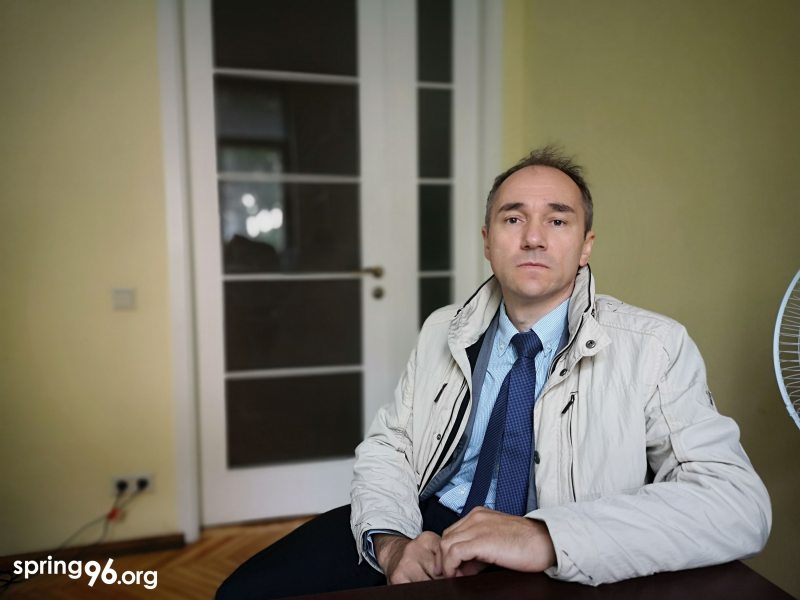
"They broke my ribs and found me guilty." Survivor stories
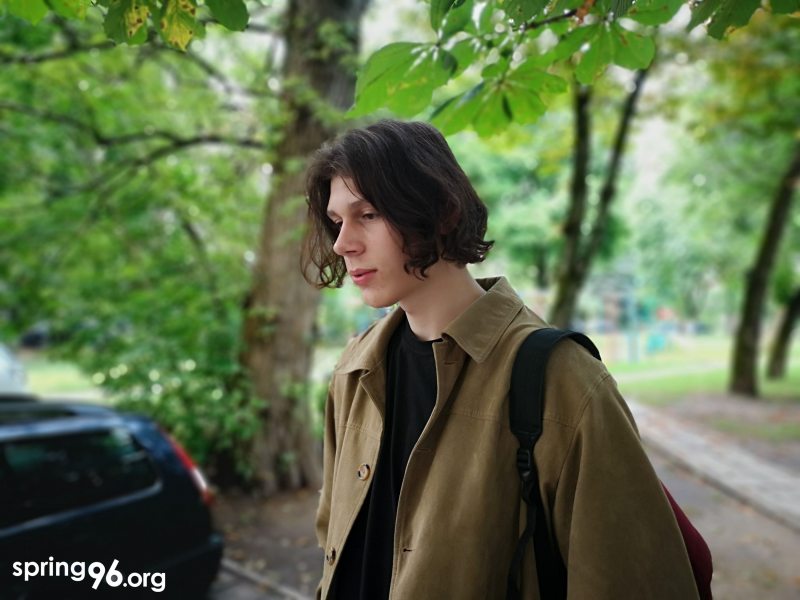
"When they looked at my ID, the beating became softer." Survivor stories
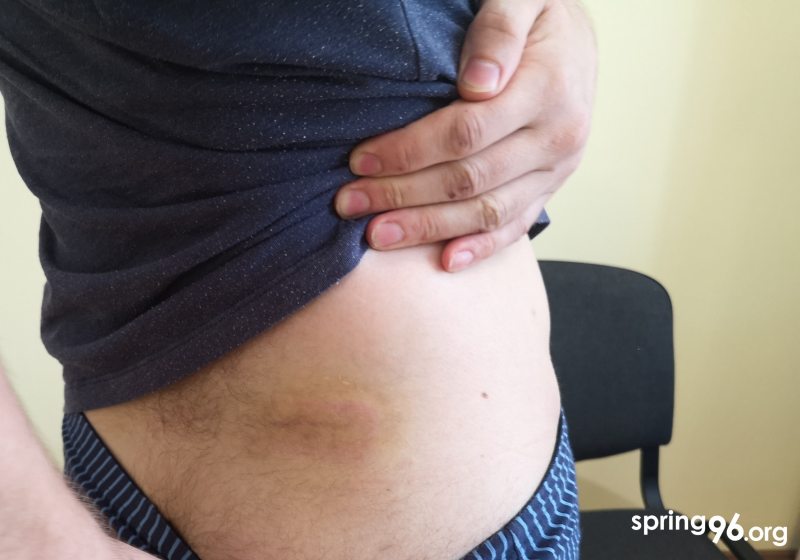
Rape threats and "shared responsibility". Survivor stories
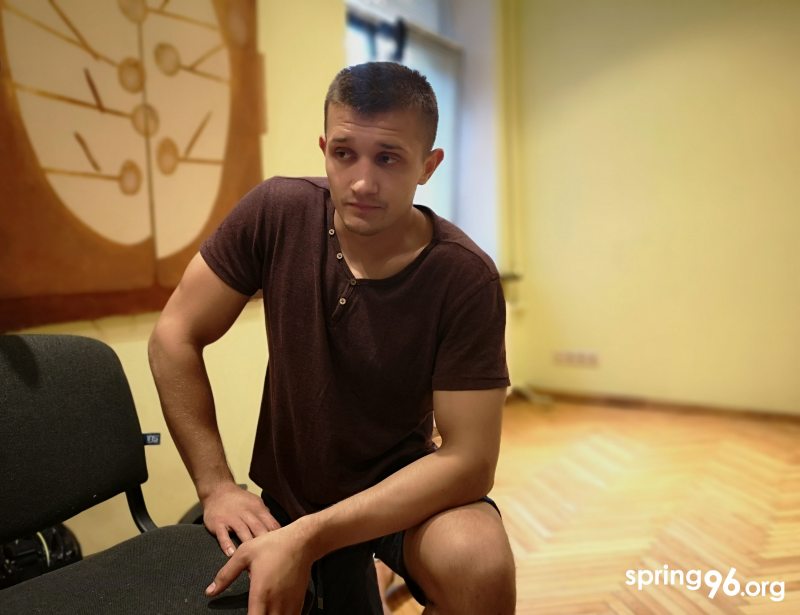
"You have thrown Molotovs!" they said and hit us with a Taser." Survivor stories
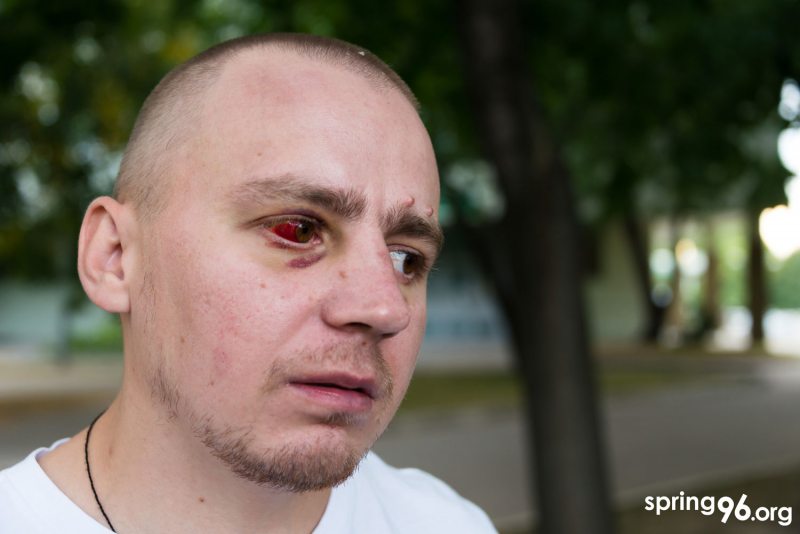
"They started beating me again and said: 'This is a refill for you!'" Survivor stories
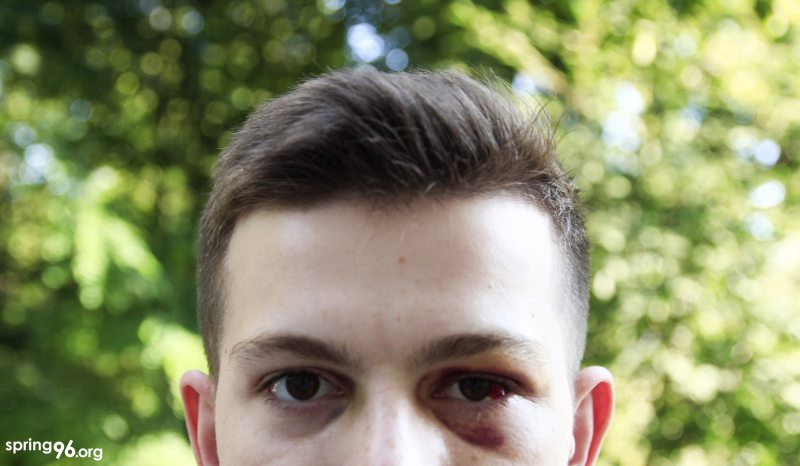
"A paramedic came and started beating people." Survivor stories
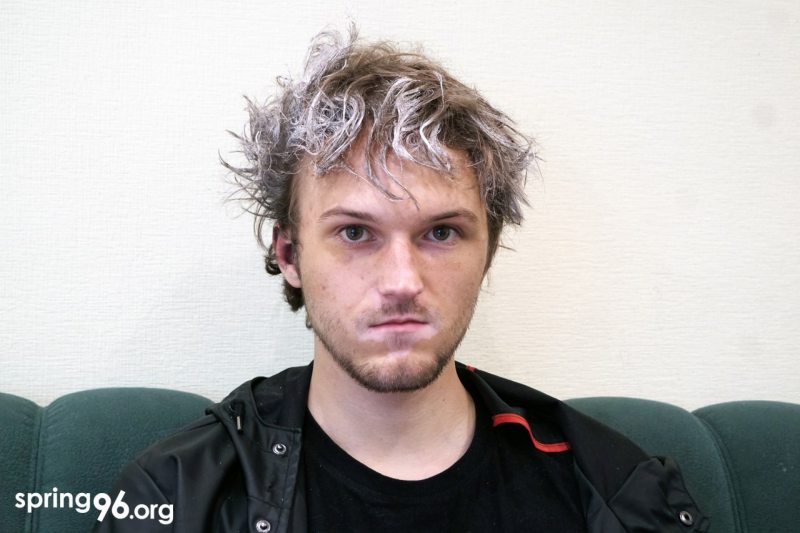
"White paint was poured on my head. It was like a sign to beat me harder." Survivor stories
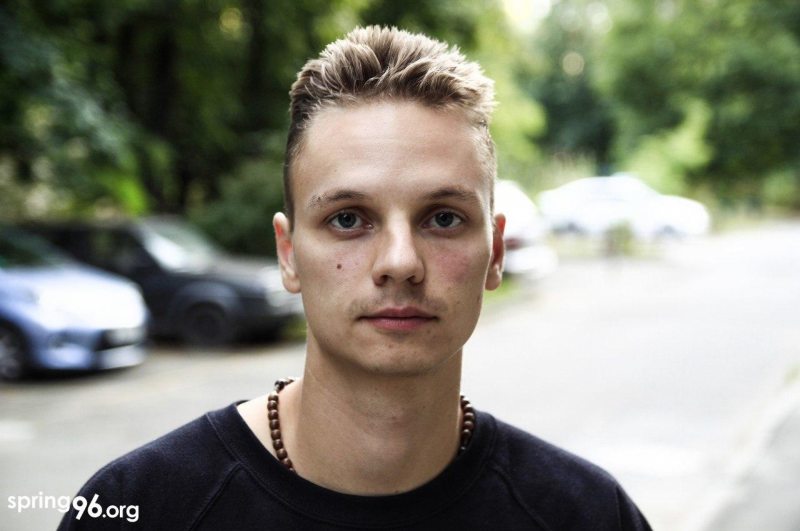
"One of them beats you and the other aims at you with a machine gun." Survivor stories
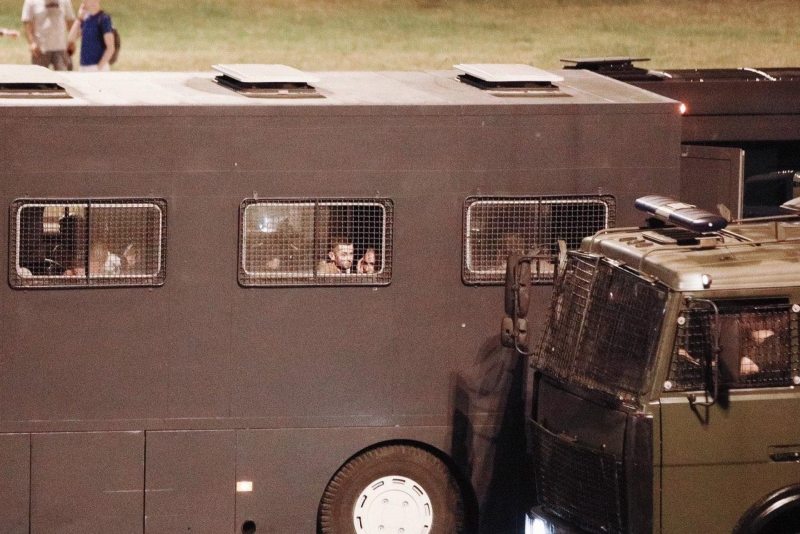
"They took away my bra with a breast prosthesis." Survivor stories
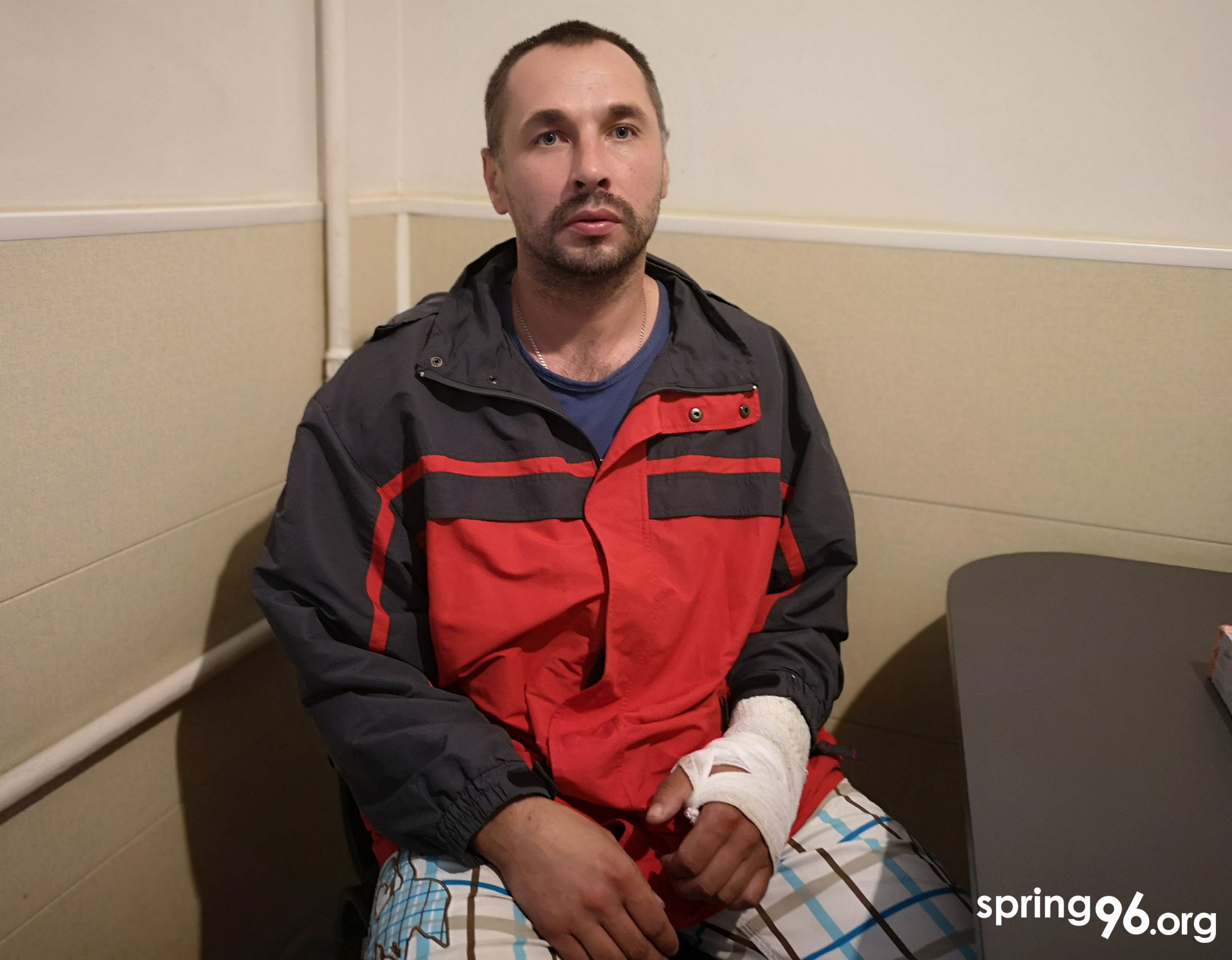
"Road police officers broke my arm during detention." Survivor stories
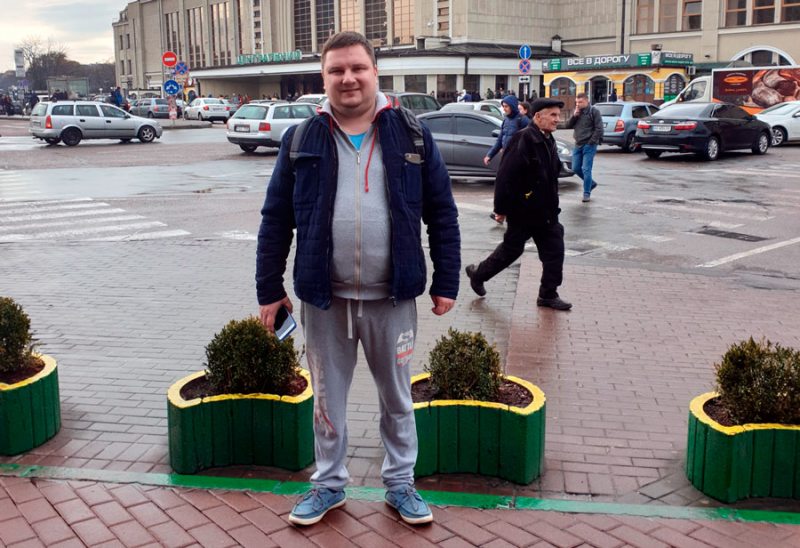
"I was lucky to be a journalist and to have my kidneys thrashed previously." Survivor stories
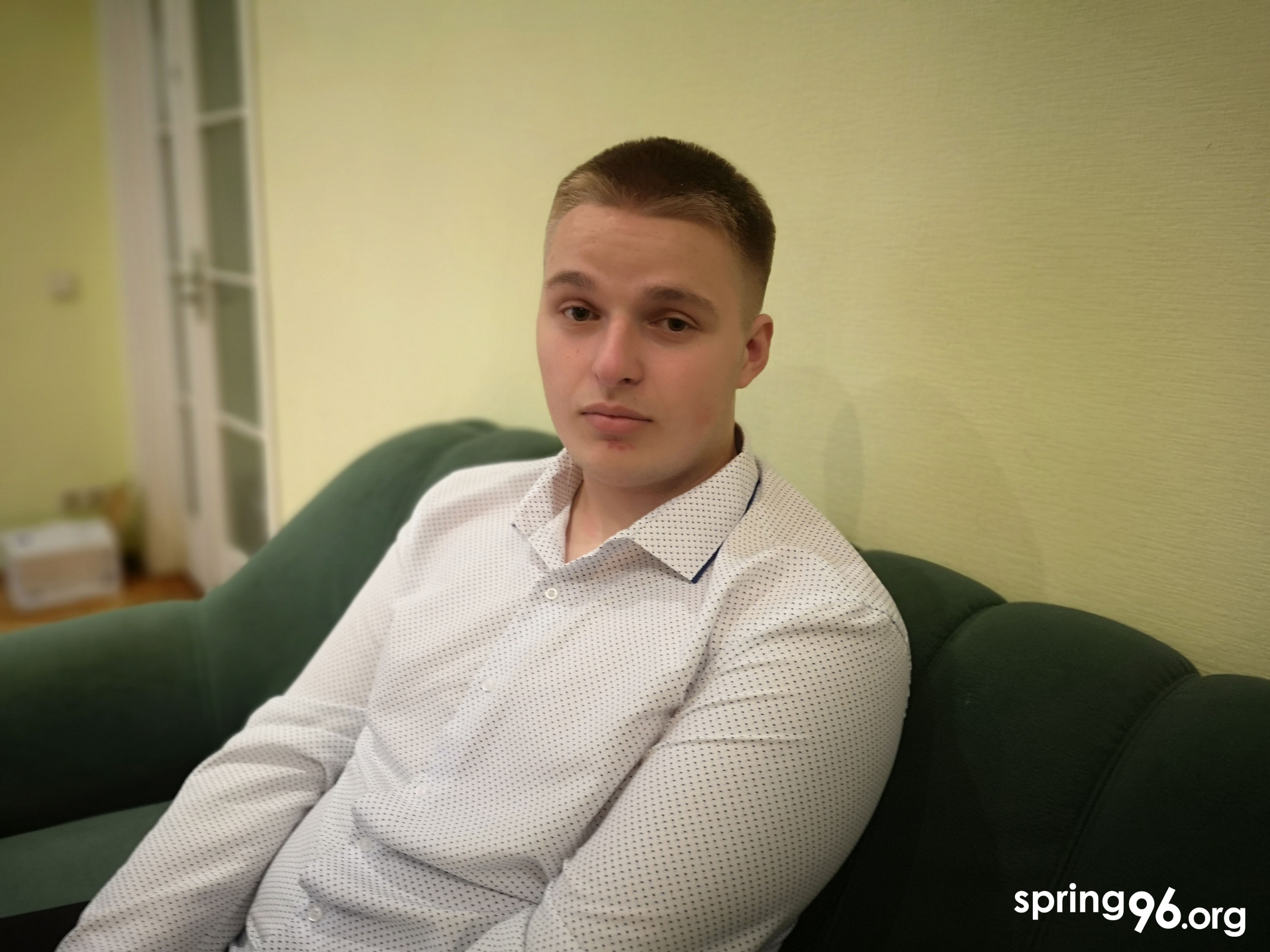
“We will shoot you and you will never be found.” Survivor stories
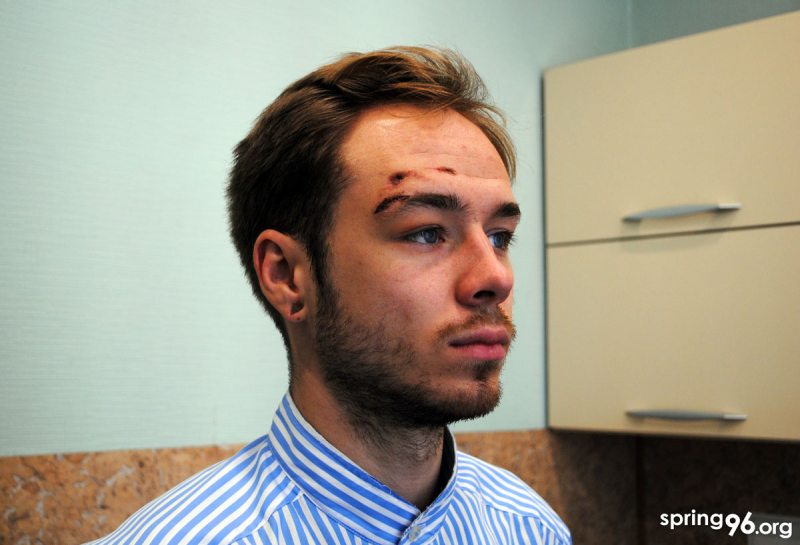
“We were trampled in the police bus.” Survivor stories
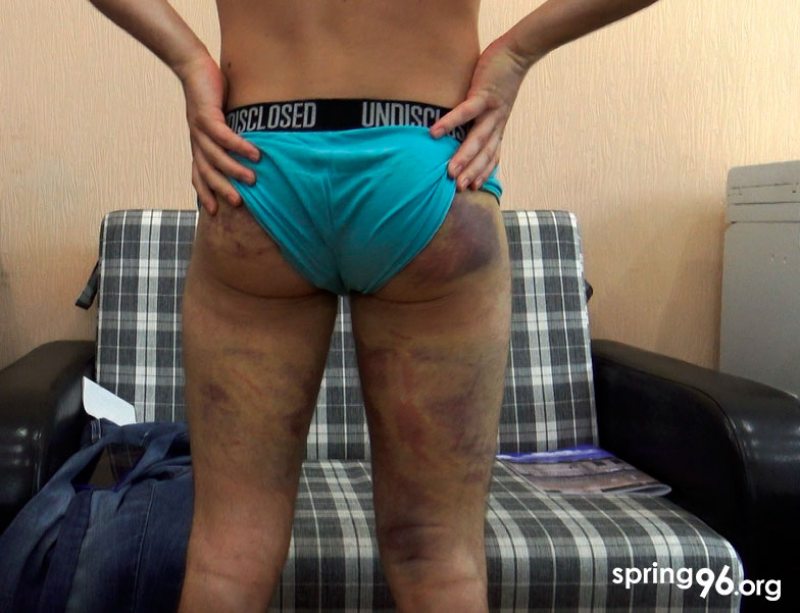
“Now we’ll show you how to s..t your pants." Survivor stories
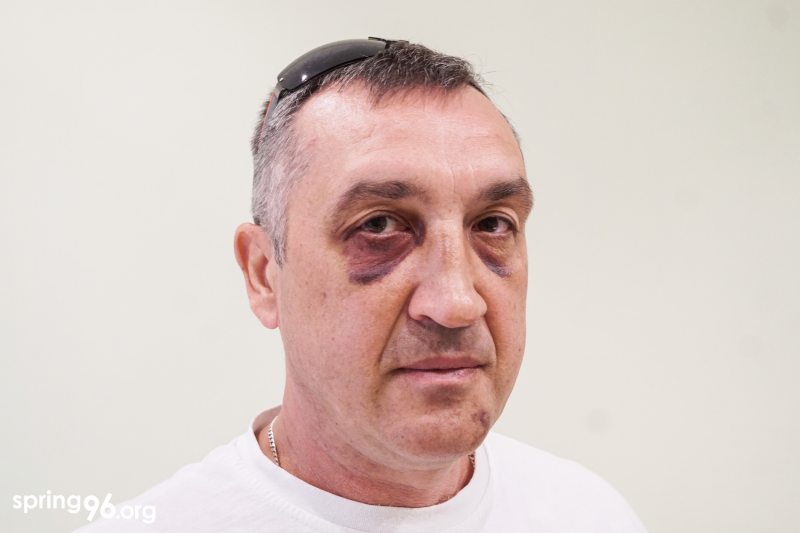
“So you are for Tsikhanouskaya?” Survivor stories
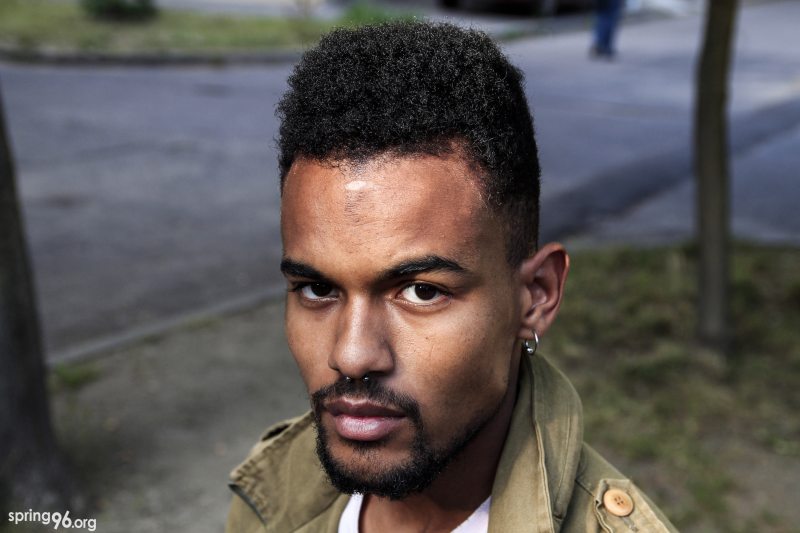
"Officers abused me all the time because I’m black." Survivor stories
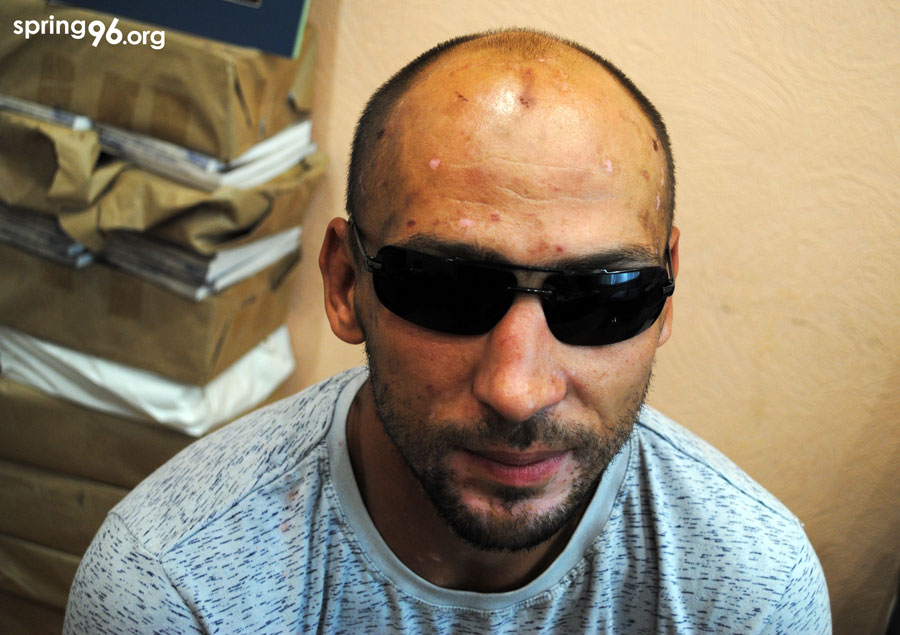
“They kicked me in the head with their police boots.” Survivor stories
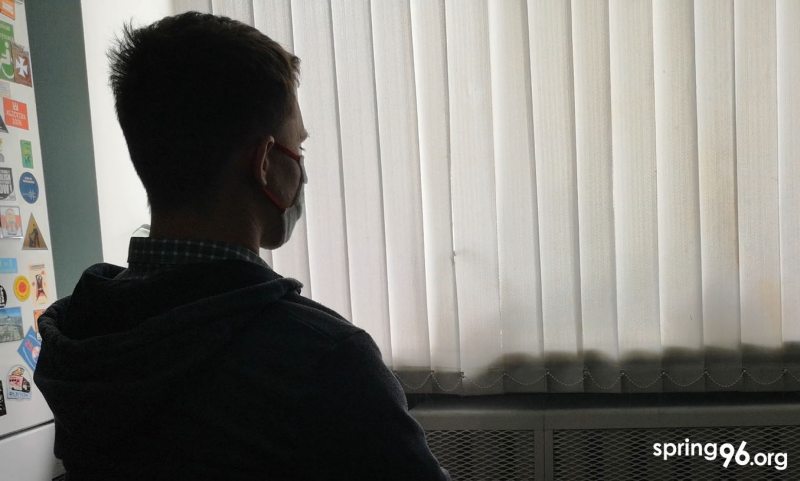
“People were screaming every night.” Survivor stories



